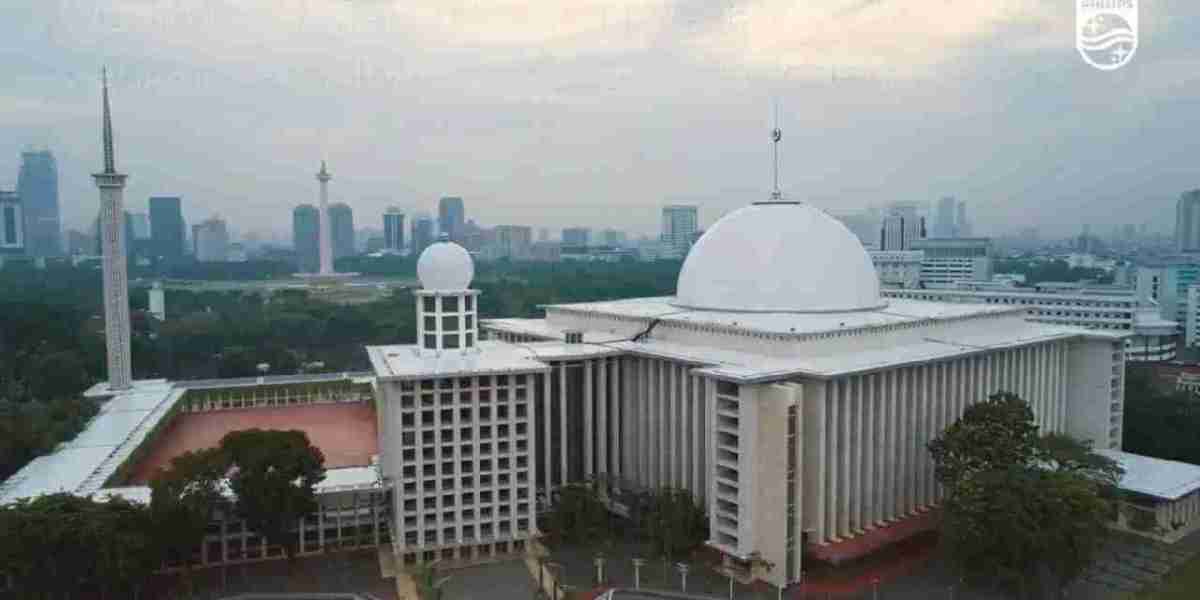The Anti-Corruption Commission (ACC) was formed on 21 November 2004 (about 20 years ago) to investigate and investigate corruption-related offences. Since then, this institution formed to fight corruption in the country is working as a subordinate of the government.
However, in 2007 and 2008, during the army-backed caretaker government, the organization conducted a corruption campaign against the top leaders of two major political parties in the country, including big businessmen and industrialists. A case was filed against them. was sent to jail. Many are punished.
But after the national elections in 2009, Awami League came to power. Many things change. The campaign against corruption stopped. Even corruption investigations and prosecutions have declined.
From then until August 5 of this year, the ACC was busy with opposition party leaders, public representatives and businessmen during the party's sole rule in the country for 15 and a half years.
On the other hand, the institution was in the role of 'silent spectator' in the investigations into rampant corruption and money laundering of various levels of leaders of the then ruling party.
Not only this, 'Acquittance Certificate' or 'Clean Certificate' has been given arbitrarily from all the cases made during 'One-Eleven' against Awami League leaders and influential people blessed by the party.
In view of these circumstances, it has become necessary to give constitutional status to ACC to ensure independence and impartiality of ACC, the related experts have commented.
Former ACC chairman Golam Rahman told Jugantar, I drafted a law for ACC in 2012. Former caretaker government advisor Abdul Mueed Chowdhury, then Cabinet Secretary, Establishment Secretary, then Law Minister Barrister Safiq Ahmed, then Chairman of the Parliamentary Committee on Law Ministry Suranjit Sengupta and the then Deputy Speaker assisted in this. If the reports or recommendations passed by the parliament as they did, the ACC could have acted more legally. But in my time it was not raised in the national parliament. After I left it was raised in Parliament. But the government undermined the law.
ACC commissioner appointment process transparent and rules for the selection committee: According to section 7 of the ACC Act of 2004, the selection committee for the appointment of the three commissioners of the ACC cannot recommend the appointment of anyone other than the choice of the government because there are no rules for the formation of the selection committee or its activities.
The Act calls for the formation of a selection committee of five members. For the past 20 years since the law was enacted, the government has secretly selected the names of six people through a selection committee, and then appointed three of them.
Those concerned say that there is no rule for this. The government appoints three people from among them in the name of secret selection. They said, this selection work cannot be done secretly. The process of appointing commissioners should be transparent. If the provision of appointing three commissioners out of six as per the current system is in force, then the selection committee will recommend the names of the six persons, the recommendation of the selection committee constituted as per the rules shall be published on the website of the Government or ACC.
Public advertisement should be made to find out if anyone has interest (EO-Expression of Interest) for becoming a commissioner. Eligible candidates will apply. Six of them (of whom three are recommended for final appointment by the President) should also state on what merits they are proposed for appointment. Names of applicants should be published on the website. There must be a criterion for scrutiny. It has to be seen whether it has any role in fighting corruption or establishing good governance. What is his contribution to the state, what has he done for the country, whether he has any research or publications related to corruption or good governance, whether he has any prior experience in anti-corruption work or not - these should be taken into consideration. People who have no experience in anti-corruption activities have been appointed so far. Years go by to understand their work.
According to the current law of the ACC, 20 years of work experience in law, education, administration and discipline are taken into consideration for appointment of commissioners. Those concerned said that apart from these few qualifications, it is necessary to add qualified people who have worked on corruption prevention and good governance. In addition to government parties, opposition parties and patriotic civil society may be included in the selection committee for appointing commissioners. They said, two cannot be appointed from the same cadre service. This has not worked well in the past.
The remit of the head of the anti-corruption agency in Hong Kong includes sufficient powers. But Bangladesh's ACC has a chairman as its head but he does not have much power on his own. ACC may have four members instead of two under the head of the ACC on the lines of the Chief Election Commissioner. Because, at the moment, the size and nature of corruption including money laundering has increased. Debt has increased. Besides, those who will come from other departments of the government to ACC, their term should be two years. If an officer is to be brought to the ACC on a mission, he must have worked in anti-corruption or have prior experience in this regard. The identity of those who are sent to ACC should be given on the website. Vacancies in the ACC are to be filled through fresh recruitment and promotion.
Presenting the annual report of the ACC to Parliament: Those concerned say that to strengthen the ACC organizationally, on the one hand, it should be included in the constitution as an independent institution, and the government should provide all kinds of support. The Act provides for the annual report of the ACC to be presented to the National Parliament after it is submitted to the President. But what will happen next!
The rule is to discuss the report of one year's activities of the ACC in the National Parliament. All the government and opposition parties will participate in it. What the organization has done in one year, what it could not do, why it could not be discussed. Legislators and members of parliament will suggest solutions by highlighting the success-failure data in one year in anti-corruption or investigation and investigation against the corrupt. There was no such discussion or talk about ACC in previous years. In other words, the ACC is actually running like an institution of the government.
Administrative and bureaucratic hurdles in gathering information on corruption: As part of the investigations and investigations of the ACC, the responsible officers have to gather information from various departments of the government. Without that information it is impossible to make a report or file a case against those involved in corruption. But the ACC has not received much information support from government departments in the past years. ACC officials, who did not want to be named, said that after sending letter after letter to the government department to end the investigation against any project or government bureaucrat or influential person, there was no response. From the upper echelons of the government or even from the Prime Minister's office, many times they are told not to give information. As a result the search hangs, or there is no choice but to dispose of the file. They said that direct or indirect government interference in the important investigations of the ACC should be stopped. This matter should be added as a clause in the ACC Act by making timely amendments.
Need for a separate secretariat to mediate the ACC with the government: As per the ACC Act, the agency mediating the ACC with the government is the Cabinet Division. But since this department is under the control of the government, ACC did not get much support. In 2015, the government removed the Money Laundering Act from ACC and gave it to 7 other departments including CID and BFIU. The ACC has been trying for two years to delegate its search and investigation powers under that clause. To enable ACC to investigate money laundering by linking up with CID and other agencies if necessary. But the government did not do that. The cabinet department also did not play a strong role in favor of the ACC. To solve this problem, a separate secretariat can be formed in place of the cabinet department as a liaison institution. Institutions that will provide necessary support to ACC.
Independent Cadre Service: According to stakeholders, to strengthen the ACC, its organogram needs to be restructured. Manpower should have unique identity. Separate cadre service to be done for ACC. They should have independent power in their own hands in salary structure, recruitment. Besides, investigations and prosecutions should be brought under strict surveillance to restore the image of ACC. Counter intelligence unit should be developed.

















































